Synopsis
Spec references J247: B4.1b, B4.1c J250: B4.1b, B4.1c. Evolution of trees 300 million years ago and at the time, the fungi were not able to break them down. The clip goes on to explain the impact of this on the local ecosystem. A fungi evolved to be able to break down wood.
- Programme: After Life: The Strange Science of Decay
- Channel: BBC Four
- Broadcast year: 2015
-
Biology (J247): B4.1b, B4.1c
Combined Science (J250): B4.1b, B4.1c
Licence: ERA Licence required
UK only
Staff and students of licensed education establishments only
Cannot be adapted
Add Notes
More clips from After Life: The Strange Science of Decay
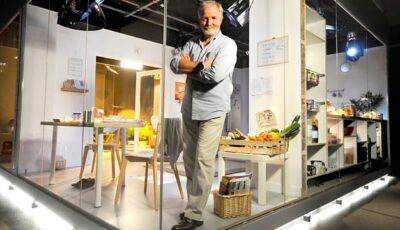
After Life: The Strange Science of Decay
After Life: The Strange Science of Decay
Dr George McGavin examines the fascinating science of decay when a unique experiment involving a rotting kitchen and garden is captu...

Decomposition by bacteria | After Life: The Strange Science of Decay
Decomposition by bacteria | After Life: The Strange Science of Decay
Spec references J247: B4.1a, B4.1b. How bacteria decompose dead animals, including how bacteria communic...
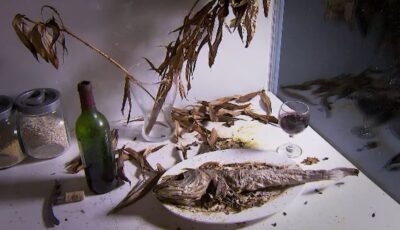
Nutrients from decay support new life | After Life: The Strange Science of Decay
Nutrients from decay support new life | After Life: The Strange Science of Decay
Spec references J247: . Showing how plant is broken down by animals and microorganisms into ...

After Life: The Strange Science of Decay
After Life: The Strange Science of Decay
Dr George McGavin examines the fascinating science of decay when a unique experiment involving a rotting kitchen and garden is captu...

Decomposition by bacteria | After Life: The Strange Science of Decay
Decomposition by bacteria | After Life: The Strange Science of Decay
Spec references J247: B4.1a, B4.1b. How bacteria decompose dead animals, including how bacteria communic...

Nutrients from decay support new life | After Life: The Strange Science of Decay
Nutrients from decay support new life | After Life: The Strange Science of Decay
Spec references J247: . Showing how plant is broken down by animals and microorganisms into ...
More resources about Cycles in nature
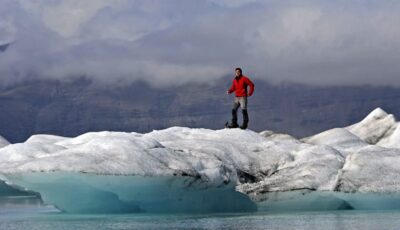
2: Water | How Earth Made Us
2: Water | How Earth Made Us
Professor Iain Stewart continues his epic exploration of how the planet has shaped human history. He investigates how water has influenced the r...

After Life: The Strange Science of Decay
After Life: The Strange Science of Decay
Dr George McGavin examines the fascinating science of decay when a unique experiment involving a rotting kitchen and garden is captu...
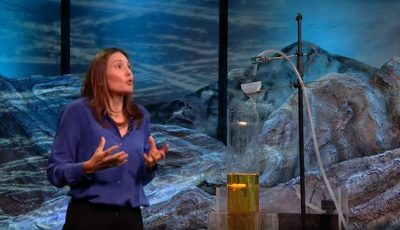
Carbon in the ocean | Royal Institution Christmas Lectures
Carbon in the ocean | Royal Institution Christmas Lectures
Dr Helen Czerski explains how carbon is incorporated into the ocean and how the increase in carbon intake is impac...
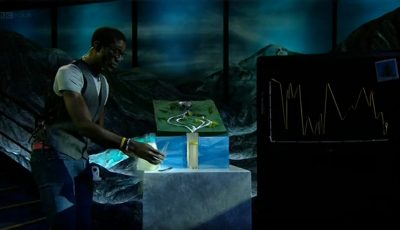
Carbonate silicate weathering cycle | Royal Institution Christmas Lectures
Carbonate silicate weathering cycle | Royal Institution Christmas Lectures
Professor Chris Jackson examines how carbon dioxide is brought down from the atmosphere and ends u...

Decomposition by bacteria | After Life: The Strange Science of Decay
Decomposition by bacteria | After Life: The Strange Science of Decay
Spec references J247: B4.1a, B4.1b. How bacteria decompose dead animals, including how bacteria communic...

Nutrients from decay support new life | After Life: The Strange Science of Decay
Nutrients from decay support new life | After Life: The Strange Science of Decay
Spec references J247: . Showing how plant is broken down by animals and microorganisms into ...

The Carbon Cycle | Bellamy Rides Again
The Carbon Cycle | Bellamy Rides Again
Naturalist David Bellamy examines the six elemental cycles vital to life. This episode covers carbon, on whose cycle the earth's futur...
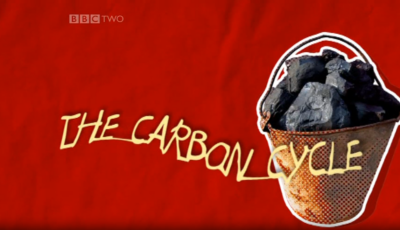
The carbon cycle | GCSE Bitesize Revision
The carbon cycle | GCSE Bitesize Revision
Spec references J247: B4.1a, B4.1b, B4.1c J250:B4.1a, B4.1b, B4.1c. Description of the carbon cycle.
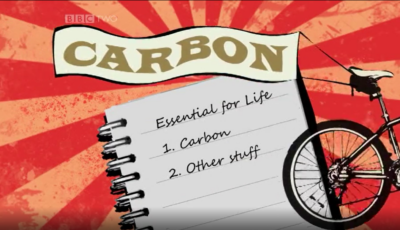
The carbon cycle 2 | GCSE Bitesize Revision
The carbon cycle 2 | GCSE Bitesize Revision
Spec references J247: B4.1c J250: B4.1c. Description of the carbon cycle.
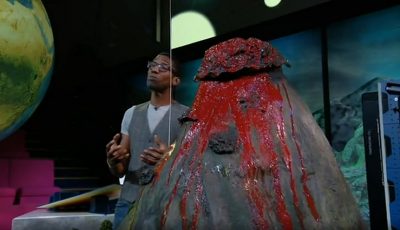
Volcanoes and the carbon cycle | Royal Institution Christmas Lectures
Volcanoes and the carbon cycle | Royal Institution Christmas Lectures
Professor Chris Jackson explains the important role that volcanoes play in the carbon cycle.
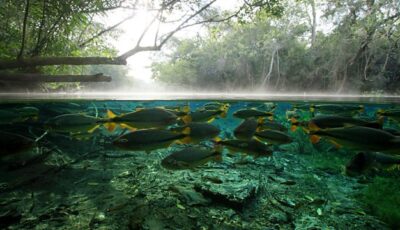
1: Pulse | H2O: The Molecule That Made Us
1: Pulse | H2O: The Molecule That Made Us
Documentary series that explores the importance of water to human civilisation. How H2O causes deserts to bloom, creates rivers in ...
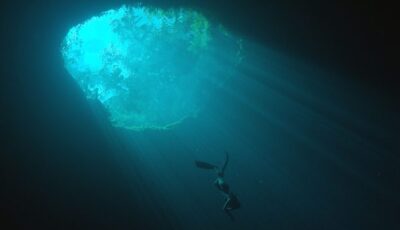
2: Civilisations | H2O: The Molecule That Made Us
2: Civilisations | H2O: The Molecule That Made Us
This episode travels to the Congo, Egypt, China and Mexico to reveal how water changed humanity's footprint on the planet.
